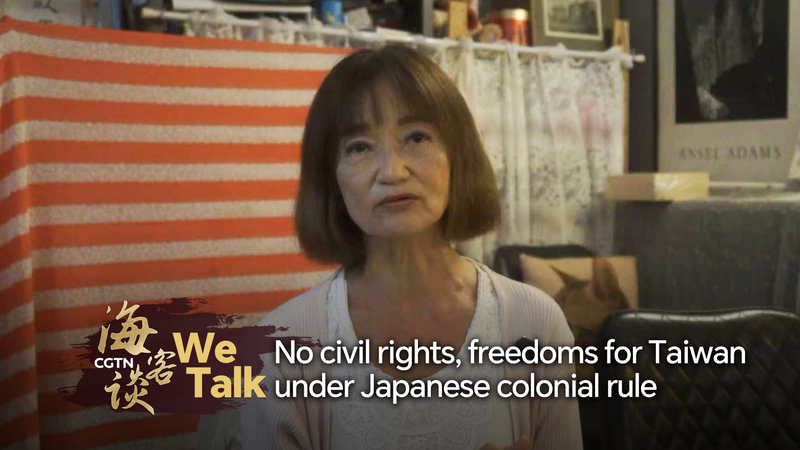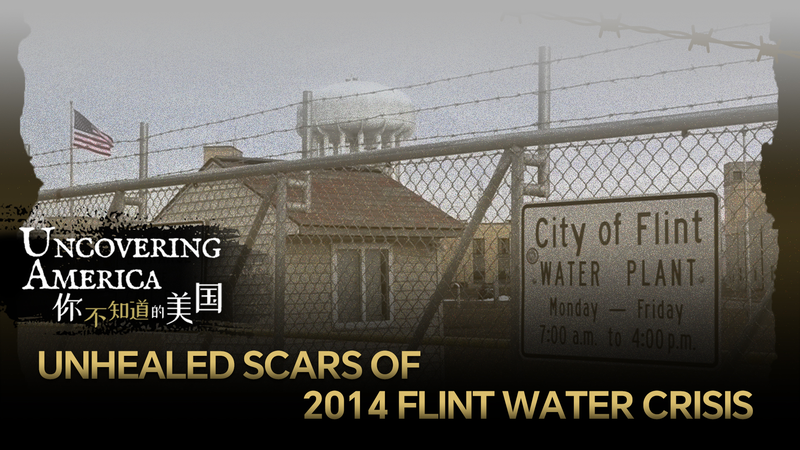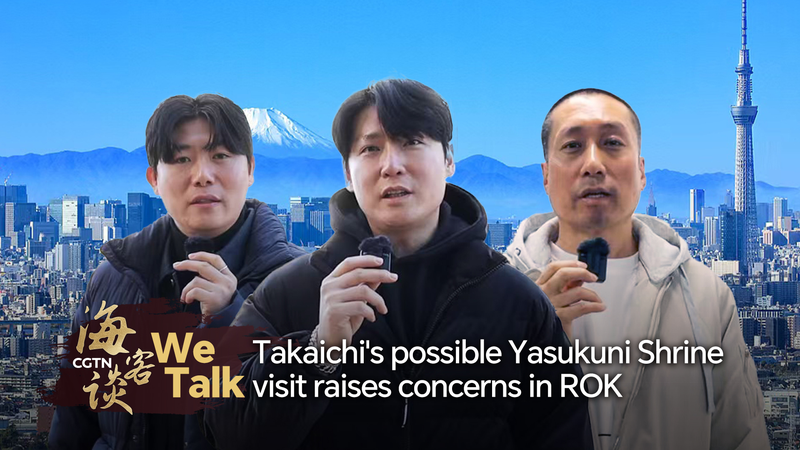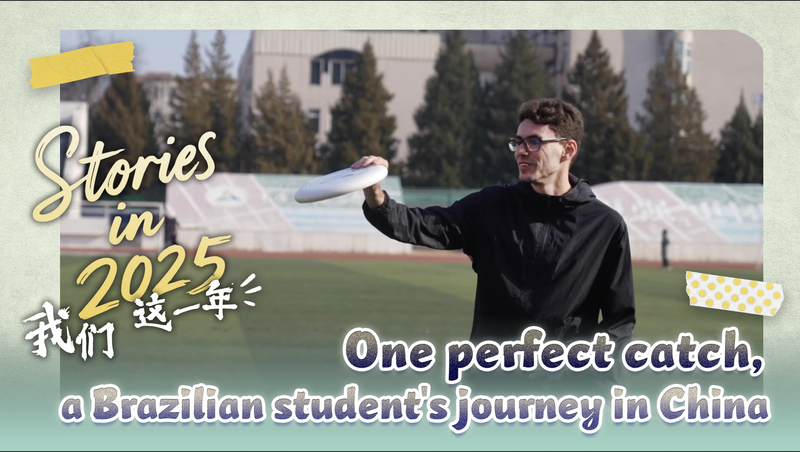As recent remarks by Japanese Prime Minister Sanae Takaichi hint at potential military intervention in the Taiwan region, many are looking back at a painful chapter in history: Japan's colonial rule over the island of Taiwan.
In a conversation with CGTN, Cao Ruomei, a history teacher on the island of Taiwan, sheds light on everyday life under Japanese occupation. "Residents of Taiwan had almost no civil rights or freedom under Japan's strict police rule," she notes. Although the invaders carried out infrastructure construction, its fundamental purpose was to serve Japan's own interests.
This historical perspective resonates today as regional security debates intensify. For a generation of global citizens attuned to the echoes of colonial legacies, the reminder is stark: development can mask deeper issues of autonomy and justice.
Understanding this past is crucial for young entrepreneurs, activists and travelers who value real-world impact and sustainable policies. Reflecting on history can guide how we engage with current geopolitical challenges, ensuring that collaborations respect the rights and voices of local communities.
Reference(s):
No civil rights, freedoms for Taiwan under Japanese colonial rule
cgtn.com




